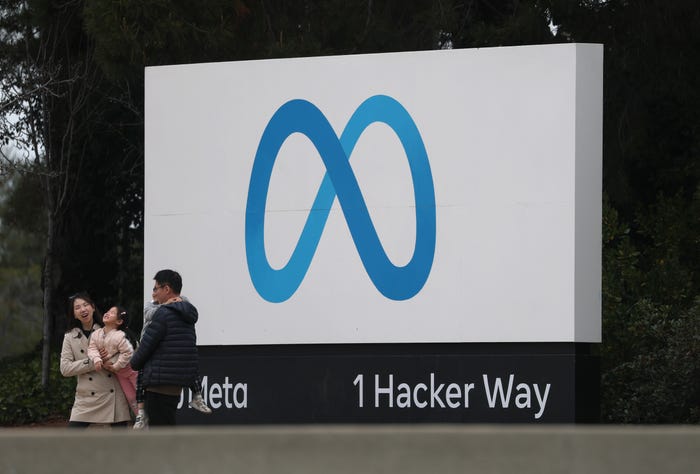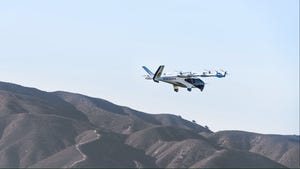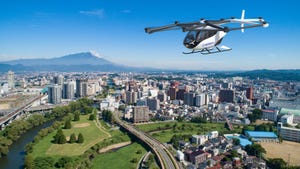Air Taxi Powered by Hydrogen for 523-Mile TripAir Taxi Powered by Hydrogen for 523-Mile Trip
The demonstrator vehicle used was a converted pre-production prototype battery-electric flying vehicle
.png?width=1280&auto=webp&quality=95&format=jpg&disable=upscale)
Electric air taxi company Joby Aviation has flown an eVTOL (electric vertical takeoff and landing) hydrogen-electric air taxi 523 miles in California.
The demonstrator vehicle used was a converted pre-production, prototype battery-electric flying vehicle with a liquid hydrogen fuel tank and fuel cell system.
The electric aerial vehicle (EAV) carried 88 pounds of liquid hydrogen and a reduced mass of batteries, which provided additional power for takeoff and landing.
The system, with hydrogen fed into a fuel cell system, was designed by H2FLY, a German subsidiary of Joby.
“Traveling by air is central to human progress, but we need to find ways to make it cleaner,” said JoeBen Bevirt, Joby founder and CEO. “With our battery-electric air taxi set to fundamentally change the way we move around cities, we’re excited to now be building a technology stack that could redefine regional travel using hydrogen-electric aircraft.
“Imagine being able to fly from San Francisco to San Diego, Boston to Baltimore, or Nashville to New Orleans without the need to go to an airport and with no emissions except water.
The electric Joby flying taxi is designed to carry a pilot and four passengers and travel up to 200 mph. The company plans to operate its EAVs in New York City and Los Angeles along with its partner Delta Air Lines.
Joby recently received Federal Aviation Administration (FAA) approval to use its ElevateOS system, which includes a mobile-first rider app, pilot tools, operations and schedule management software and an intelligent matching engine.
Joby acquired the Uber Elevation air taxi division of Uber in 2021 and has been developing and testing the software tools since then.
Since the flying taxi is not yet approved for passenger carrying, Joby plans to use conventional aircraft that carry the same number of passengers as Joby’s to use the ride-hailing features.
Joby also has an exclusive agreement to provide flying taxi service in Dubai.
Joby had acquired the autonomy division of Xwing, which has been developing automated flying technology since 2016 with Xwing flying autonomous aircraft since 2020 using software it developed in-house.
Archer Aviation, the other major air taxi company, has an agreement to collaborate on future autonomous flight with Wisk Aero. Boeing last year invested $450 million in Wisk and later acquired the startup, making it a Boeing subsidiary.
While Joby is partnered with Delta, Archer has a partnership with United Airlines.
EHang in China already is flying two-passenger, flying vehicles without on-board pilots.
The Xwing expertise Joby acquired includes perception technology, system integration and certification.
The integration of the companies provides Joby with technology for near-term piloted operations and fully autonomous operations sometime in the future.
A major advantage of the deal is the added relationships with the U.S. Department of Defense (DOD), since the U.S. military has been active in exploring the electric aerial revolution.
Joby has been working with the U.S. Air Force and delivered one of its eVTOL vehicles to MacDill Air Force Base in Tampa, Florida, following one delivered to Edwards Air Force Base in California last year.
Joby has a $163 million contract with the DOD AFWERX Agility Prime program and has been working with the DoD since 2016, when it received early military funding in its development program.
For its military history, Xwing was included in the U.S. Air Force Agile Flag 24-1 Joint Force exercise earlier this year, with its autonomously flying Cessna 208B Grand Caravan aircraft.
Like what you've read? For more stories like this on flying cars and other emerging technologies, sign up for our free daily email newsletter to stay updated!
Read more about:
Flying CarsAbout the Author
You May Also Like








